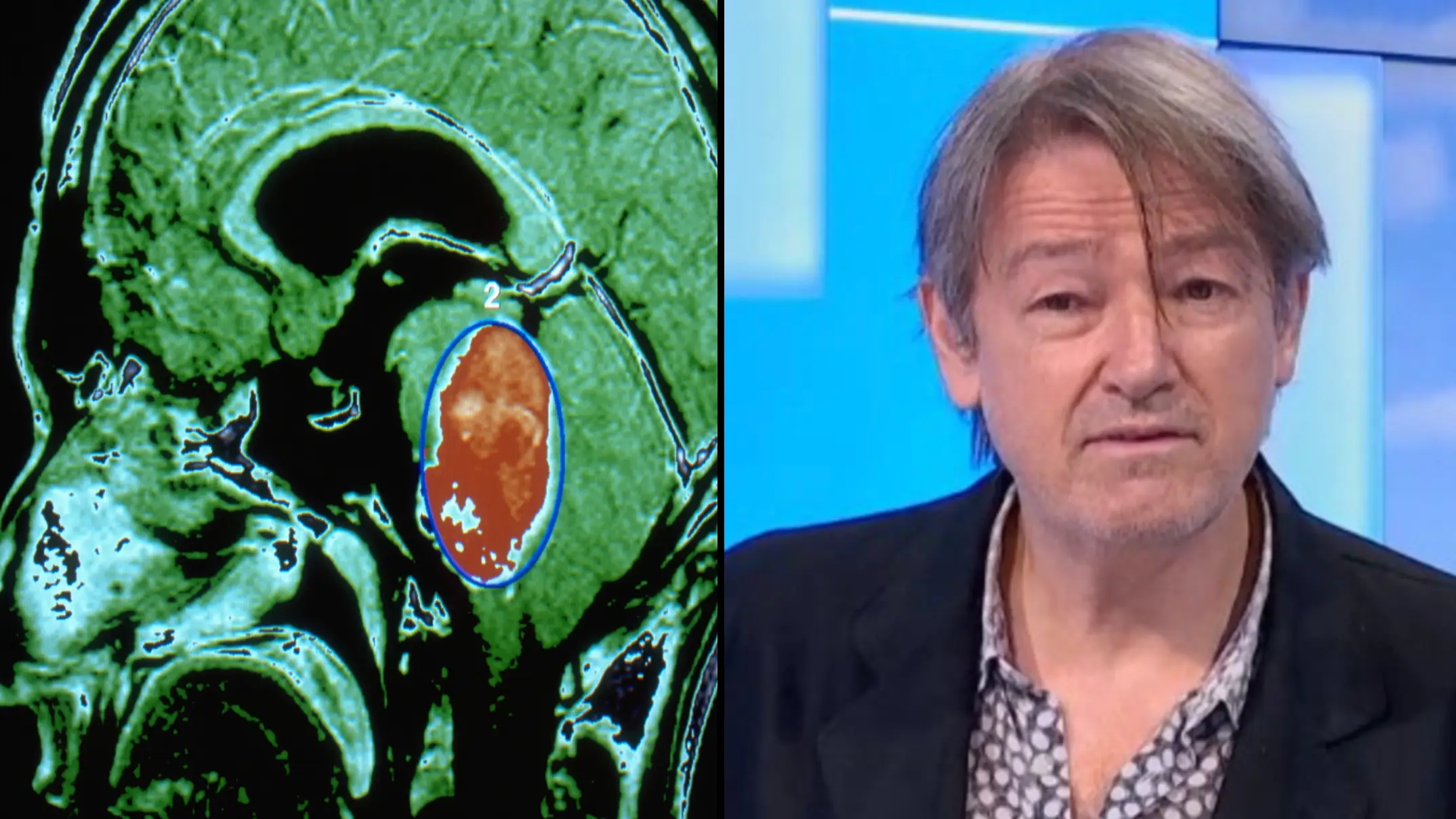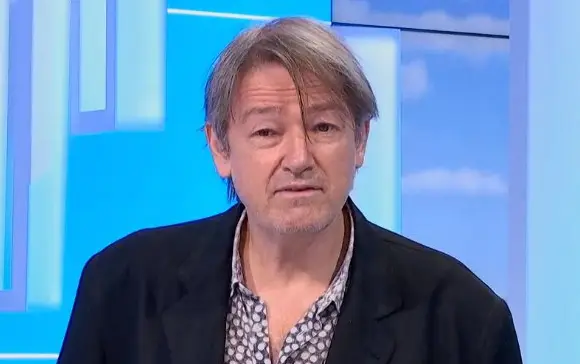
A teenage boy has been cured of an aggressive and deadly form of childhood cancer in an incredible world first.
Lucas Jemeljanova, from Belgium, was just six-years-old when he and his family were given the devastating news that he had diffuse intrinsic pontine glioma (DIPG) - a brutal form of cancer that has some of the worst survival rates for childhood cancers.
Medics had to break the horrendous news to his parents that their son was unlikely to survive.
Advert
However, seven years on, he’s cancer-free, with his tumour now completely gone and is a happy and healthy 13-year-old.
His doctor, Jacques Grill, said that the youngster was given clinical trials of the chemotherapy drug everolimus, which has not previously been used to successfully treat DIPG.
He said: “Lucas beat all the odds.
"Over a series of MRI scans, I watched as the tumour completely disappeared.”
Seven other kids who were on the same trial are now considered ‘long responders’ and have had no relapses for three years - but Lucas is the only one whose tumour has completely vanished.

Typically, radiotherapy treatment for DIPG will only extend a person’s life by just three months.
As yet, it’s not fully understood why Lucas responded so well to the treatment.
Doctor Grill said: "I don't know of any other case like him in the world.”
He has suggested it could be due to ‘biological particularities’ of his tumour.
He explained: “Lucas's tumour had an extremely rare mutation, which we believe made its cells far more sensitive to the drug.”
He added: “Lucas is believed to have had a particular form of the disease.
“We must understand what and why to succeed in medically reproducing in other patients what happened naturally with him.”

Scientists are now studying the genetic abnormalities of patients’ tumours and will create tumour ‘organoids’ in the lab.
The team hopes to recreate Lucas’ genetic differences in the organoids to see if tumours can be destroyed in the same way that his was.
Researcher Marie-Anne Debily said: “The next step will be to find a drug that has the same effect on tumour cells as these cellular changes.”
The results could be a huge medical breakthrough for cancer treatment, but experts have warned this won’t be a speedy process.
“On average, it takes 10-15 years from the first lead to become a drug - it's a long and drawn-out process,” Grill added.
Topics: Cancer, Health, Science, World News